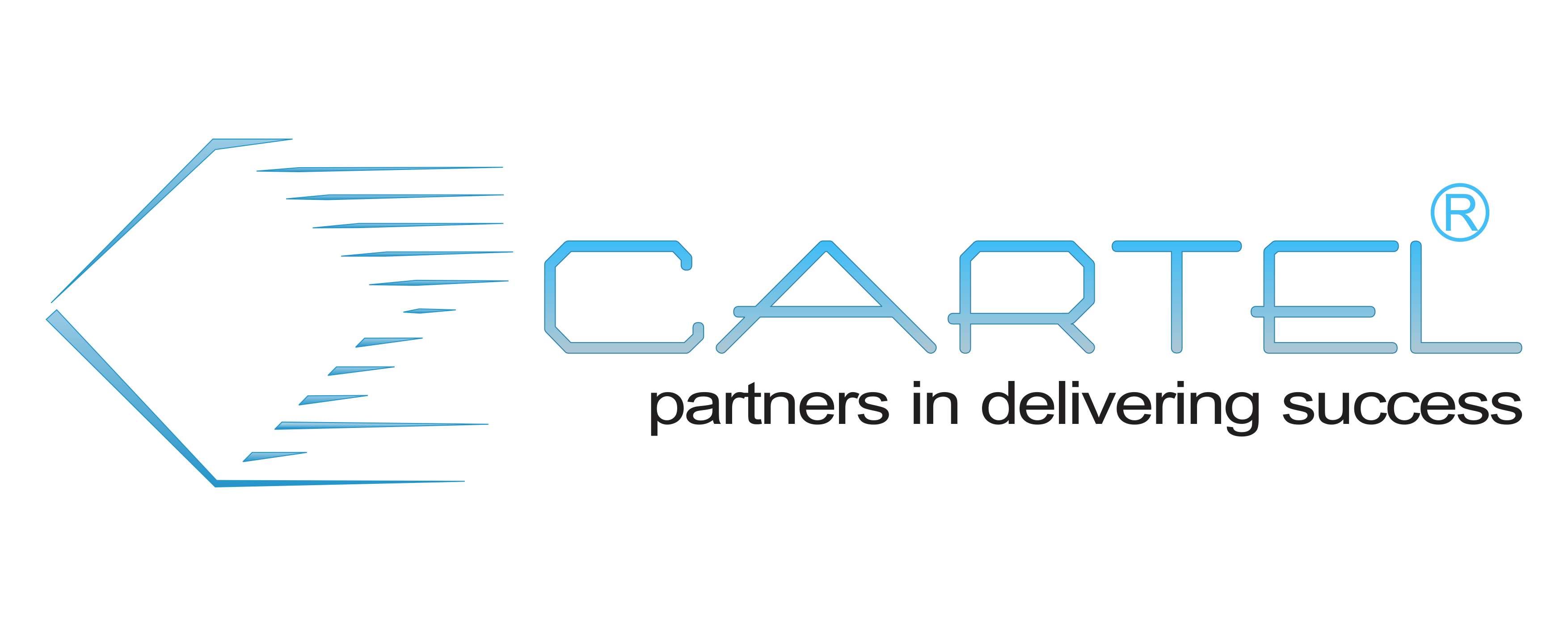Red Hat Server Hardening
Overview
Course content summary
– Review errata and apply them to Red Hat Enterprise Linux
– Use special permissions and file system access control lists
– Manage users and password-aging policy requirements
– Install and configure Red Hat Identity Management tools
– Understand system auditing
Course Details
Track security updates
Understand how Red Hat Enterprise Linux produces updates and how to use yum to perform queries to identify what errata are available.
Manage software updates
Develop a process for applying updates to systems including verifying properties of the update.
Create file systems
Allocate an advanced file system layout and use file system encryption.
Manage file systems
Adjust file system properties through security related options and file system attributes.
Manage special permissions
Work with set user ID (SUID), set group ID (SGID), and sticky (SVTX) permissions and locate files with these permissions enabled.
Manage additional file access controls
Modify default permissions applied to files and directories; work with file access control lists.
Monitor for file system changes
Configure software to monitor the files on your machine for changes.
Manage user accounts
Set password-aging properties for users; audit user accounts.
Manage pluggable authentication modules (PAMs)
Apply changes to PAMs to enforce different types of rules on users.
Secure console access
Adjust properties for various console services to enable or disable settings based on security.
Install central authentication
Install and configure a Red Hat Identity Management server and client.
Manage central authentication
Configure Red Hat Identity Management rules to control both user access to client systems and additional privileges granted to users on those systems.
Configure system logging
Configure remote logging to use transport layer encryption and manage additional logs generated by remote systems.
Configure system auditing
Enable and configure system auditing.
Control access to network services
Manage firewall rules to limit connectivity to network services.
Prerequisites for this course
– Red Hat Certified Engineer (RHCE) certification, Red Hat Certified Systems Administrator (RHCSA) certification, or equivalent experience required
– For candidates who have not earned their RHCSA or RHCE certifications, confirmation of the required knowledge can be obtained by passing the online skills assessment
